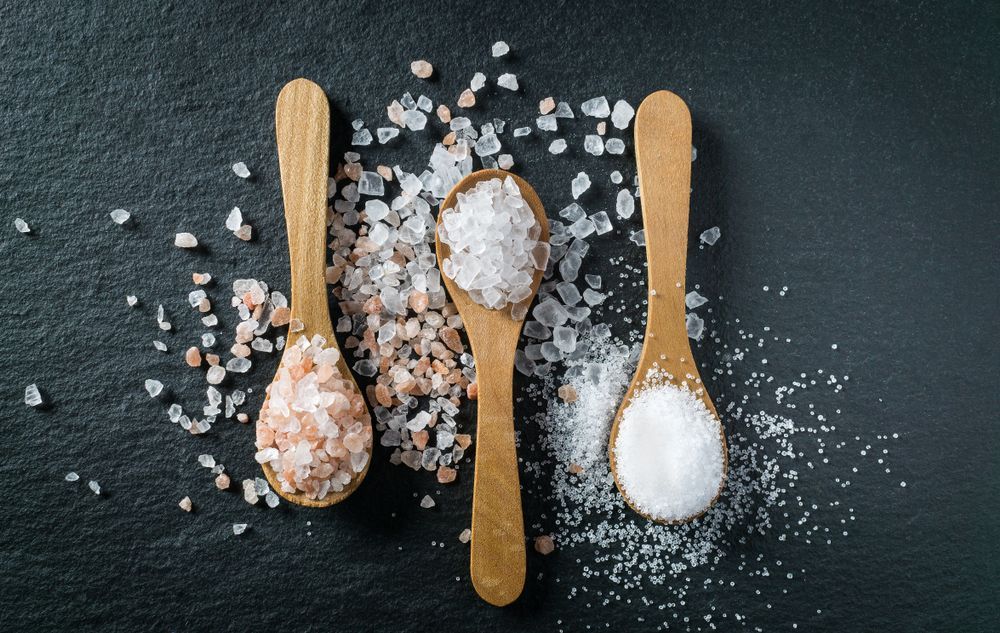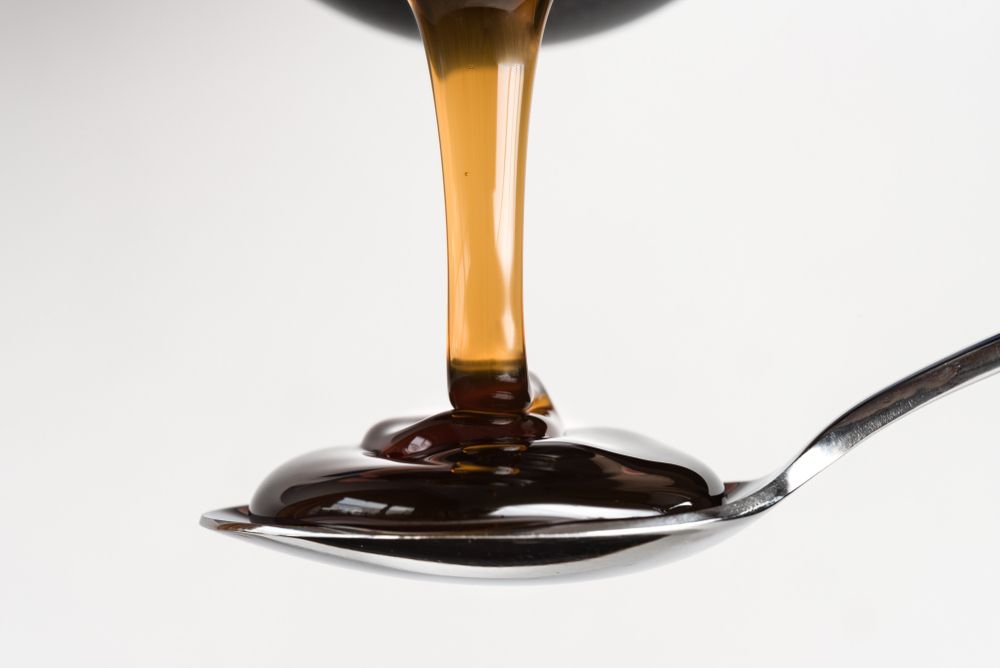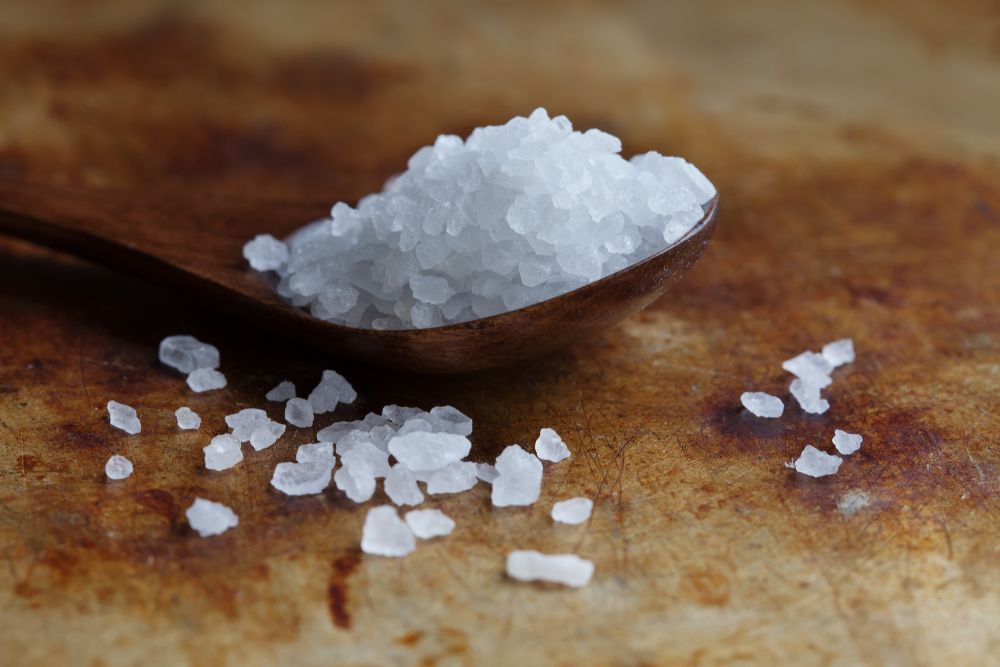How Sugar is Used in Medicine in the Pharmaceutical Industry
Written by: Indiana Sugars
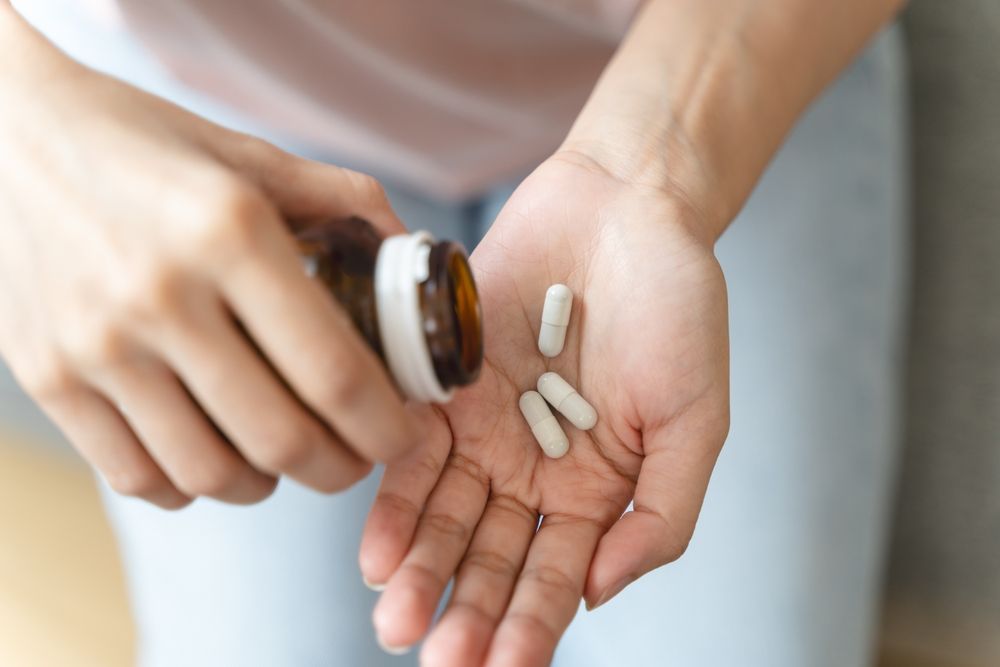
When most people think of sugar, the first things they call to mind are cupcakes, brownies, and other kinds of sweet treats that populate our daily lives.
In reality, sugar is used in a wide range of other ways, including in medicine and the pharmaceutical industry.
The Sweet Science: Sugar in Medicine
Sugar brings many benefits to the pharmaceutical industry - including the fact that it can help approve the taste of unappealing medications without harming the effectiveness in any way.
Likewise, as is true with baking, sugar is actually a primary ingredient in the "recipe" of many common medications that people don't realize and are often surprised to learn.
How Sugar Powers Medicine
Sugar is used in medicine in several ways, including but not limited to the following.
Pills
Sugar is often used as a binding agent, which helps bind the active ingredients in the medicine together with everything else that allows it to take pill form.
Dry Mixtures
Some medicines are given to patients in powder form, and sugar is a key component of that. It makes them easier to administer by masking what can be a fairly unpleasant taste, which is ideal for children in particular.
Tablets
Tablets are one of the most common forms of medicine out there, and sugar is used as a binding agent similar to the way it is used in pills. If you've ever taken medicine in the form of a chewable tablet, you likely have sugar to thank for that experience.
Liquid Orals
"Liquid orals" is another way to describe the types of medications that are administered in liquid form. Here, sugar is typically used to improve the taste of the medication, but it can also act as an invaluable preservative at the same time.
Capsules
Many of the common medicine capsules that people take are made, in part, from gelatin that uses sugar as a primary ingredient. Once again, it's commonly used to enhance the flavor of whatever medication is being administered.
Syrups
Syrups are most commonly found in liquid medications, which are often used with both very old and very young patients. The sugar found in these medicines can help act as a preservative, which goes a long way toward enhancing the overall effectiveness of the solution, too.
Types of Pharma-Grade Sugars
Of course, not all sugars are created equally. Only pharma-grade or "pharmacy-grade" sugars are used in a lot of the medication types outlined above.
Dextrose
Dextrose is another common way to refer to glucose, which is known for being a pure and consistent type of sugar that is ideal for many different types of medications.
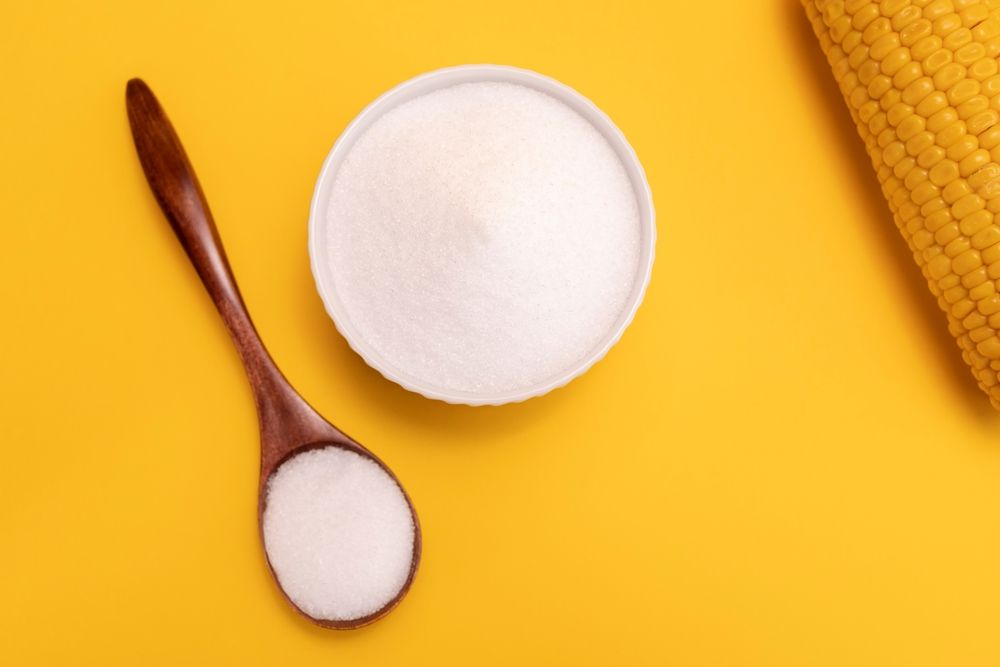
Corn Syrup
Corn syrup is a type of sugar made from corn starch. In a pharmaceutical setting, it is often used as both a stabilizer and a preservative.
Liquid Sugar
You may have heard liquid sugar referred to by another name in the past - simple syrup. This is a common ingredient found in a lot of cough medications that you may have taken at some point in your life.
Powdered Fructose
Fructose is a type of natural sugar that is found in fruit. This is a powdered form of that, and it can help make medicines that are specifically designed for people with glucose intolerance.
Maltitol Powder
This is a type of sugar that is typically used in any medication that is listed as being "sugar-free" or "low-calorie." That may be strange to think about in a pharmaceutical setting, but if you look at the labels of many over-the-counter medicines in particular, you'll realize that it's a lot more common than you might think.
Sugar and Antibiotics: A Winning Team
As stated, one of the biggest reasons why sugar and antibiotics go hand-in-hand has to do with the former's flavor-masking properties. Many medicines come with an unpleasant taste, and sugar in all its forms helps to hide that - thus making it more likely that people will actually take their medicine as directed.
Sugar is also a helpful preservative, which can prevent bacteria or fungi from growing in liquid medications in particular. This can dramatically increase the shelf-life of many medicines, helping to keep costs down across the board.
Busting Myths: Is Sugar Bad for Health?
Given the fact that sugar is so closely associated with baked goods and other unhealthy foods, many people assume that it is inherently bad for our health. This couldn't be farther from the truth, especially since sugar is naturally found in things like fruits that are good for us.
One has to realize, however, that the type of sugar found in medicine and dietary sugar are two different things. For starters, the sugar found in medications is typically in much smaller quantities than what you would find in something like a brownie.
Having said that, many
pharmaceutical products do offer sugar-free versions for people with special dietary restrictions, like in patients with diabetes. This doesn't necessarily mean that any medicine with sugar in it is "bad for you" or is somehow "less effective" than those without it. These are all just important things you need to consider to help make the most informed decision possible given your own health.
Find Bulk Pharma-Grade Sugars with Us
Whether you're looking for sugar in medicine or culinary sugar, it doesn't matter - the team at Indiana Sugars is committed to getting your sweeteners to you on time and in full.
Know that everything you order goes through a rigorous quality control process before it ships out, making sure that you can rest easy knowing that the quality products you can depend on are about to arrive. We know how important freshness is to you and want to be fully transparent that it is to us, too.
If you'd like to find out more information about sugar in medicine, or if you're interested in buying bulk pharma-grade sugars to help make sure your needs are taken care of, please don't hesitate to
contact the team at Indiana Sugars today.

